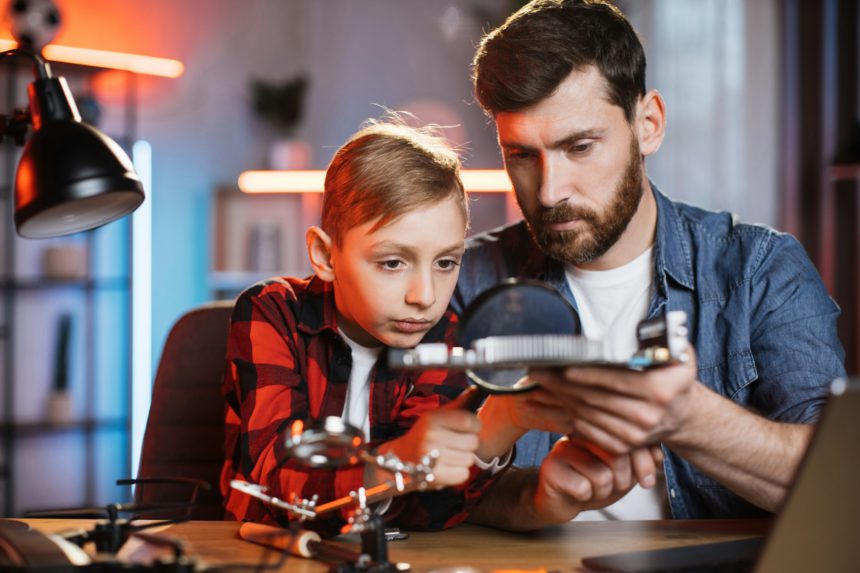Non-formal education is an alternative method of learning that offers a lot of opportunities for personal and professional development. This form of education takes place outside the traditional context of the classroom and offers a more flexible and interactive framework for the learning process.
One of the main advantages of non-formal education is that it allows participants to develop their skills and skills in a practical way. Through non-formal activities, such as workshops, role-playing or outdoor activities, participants have the opportunity to experience and apply theoretical knowledge in real situations. This type of learning practice contributes to the development of communication skills, problem solving, collaboration and leadership, which are essential for personal and professional success.
Non-formal education also offers opportunities for lifelong learning. While I’m educatingThe formal group focuses mainly on the period of childhood and adolescents, non-formal education has no age limits. Whether you’re young or adult, non-formal education gives you the chance to always learn and develop your skills throughout your life. This flexibility is particularly important in a changing world, where knowledge and skills are rapidly updated.
Innovative learning methods: How to take advantage of non-formal education
Non-formal education offers a multitude of innovative learning methods, which can be used to achieve excellent results in the process of personal and professional development. These methods include role-playing, case study, simulation, project learning and experimental learning.
Role games, for example, offer an interactive and fun way to learn. Through them, participants can experience various situations and develop abicommunication, problem solving and decision making.
Case study is another effective method of non-formal learning. This involves analyzing concrete situations in real life and developing solutions to the problems identified. Through the case study, participants learn to apply theoretical knowledge in practical situations and to develop skills in analysis and synthesis.
Learning through projects is an innovative method that offers participants the opportunity to work in teams and develop complex projects. This method develops skills for collaboration, leadership and problem solving, as well as the ability to apply theoretical knowledge in real context.
Experience learning is a non-formal learning method based on the participants’ direct experience. This method involves the active involvement of participants in activities and practical situations, which allow them to develop their skills and knowledgeYou’re new.
The role of non-formal education in the training of active and responsible citizens
Non-formal education plays an essential role in training active and responsible citizens. This form of education offers participants the opportunity to develop social, civic and leadership skills, which are essential for active involvement in the community and for building a better society.
Through non-formal education, participants learn about the values and principles of democracy, citizens’ rights and responsibilities, as well as cultural and social diversity. These knowledge helps them to become active and responsible citizens, who are aware of their role in society and are willing to assume responsibilities to contribute to its development.
Also, non-formal education develops communication, negotiation and conflict resolution skills, which are essential for building interpersonal relationshipsharmonious and to solve social problems. Through non-formal activities, participants learn to collaborate, work in the team and find common solutions to the problems facing the community.
In conclusion, non-formal education offers plenty of learning opportunities beyond the classroom. It trains participants not only academically, but also personally and professionally. Through innovative methods of learning, non-formal education develops the skills and skills necessary for success in life and for building a better society.
